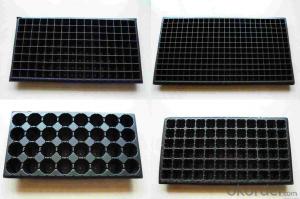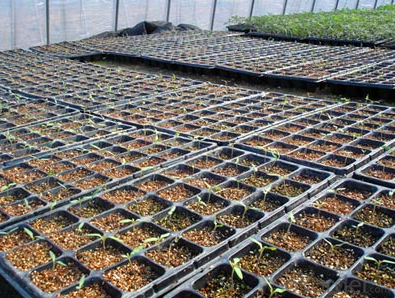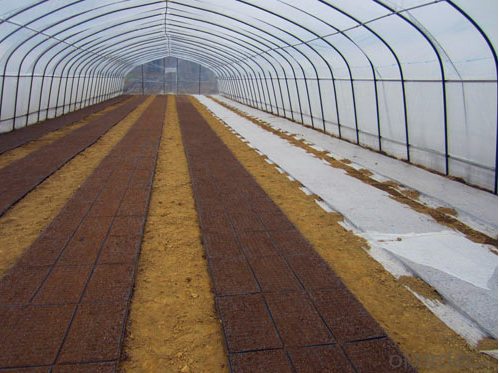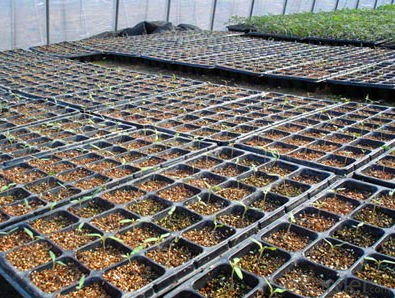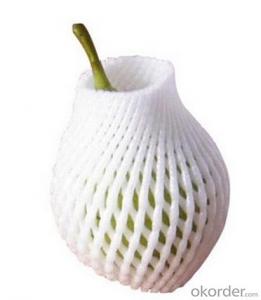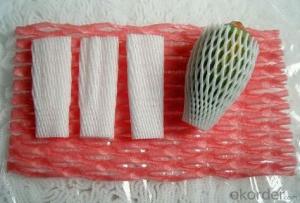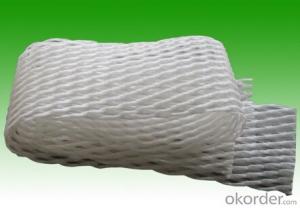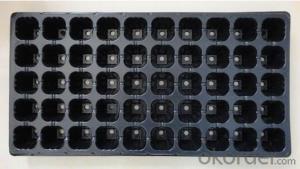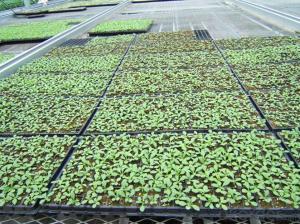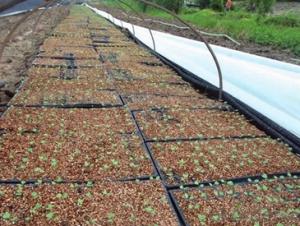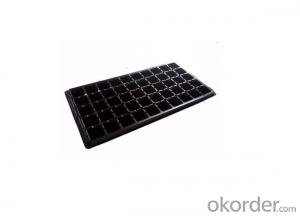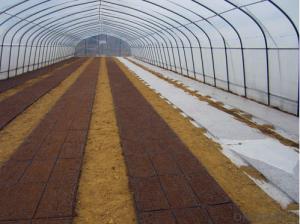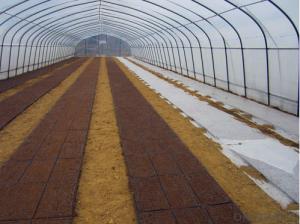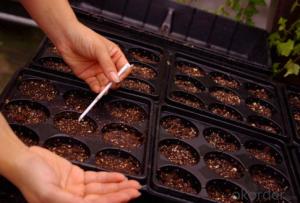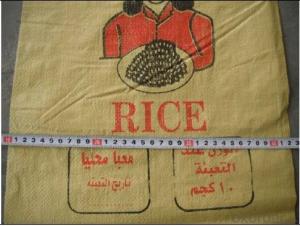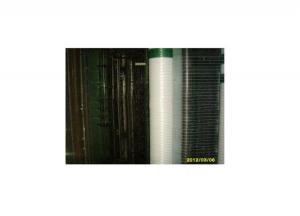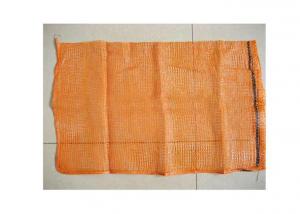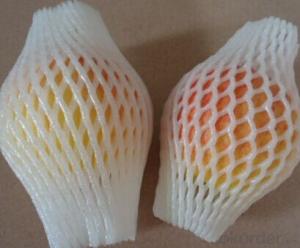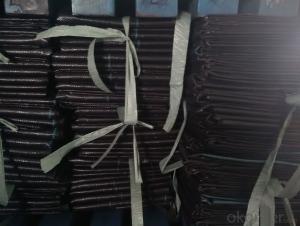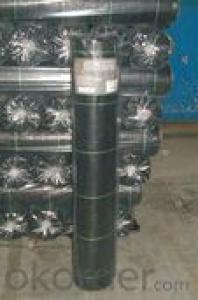Farm Pasture Planter Plastic Seed Cell Plug Tray 32Cells
- Loading Port:
- China main port
- Payment Terms:
- TT OR LC
- Min Order Qty:
- 3000 pc
- Supply Capability:
- 2000000 pc/month
OKorder Service Pledge
OKorder Financial Service
You Might Also Like
Specification of Plug Trays HIPS Made Plastic Plug Tray for Greenhouse (Growing and Seedling):
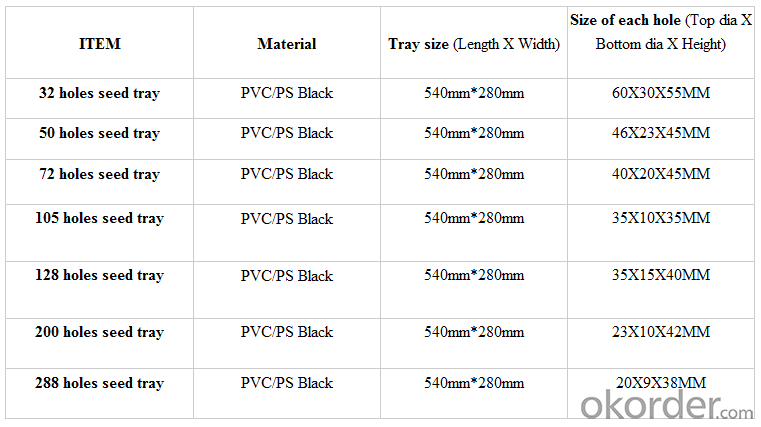
Features of Plug Trays HIPS Made Plastic Plug Tray for Greenhouse (Growing and Seedling):
· Material: HIPS
· Thickness: 0.5mm-1.5mm, Standard:1mm
· Weight: 80g(±5)g-230g(±5)g, Standard weight:155g(±5)g
· Size: length:490mm-540mm, width:190mm-345mm,depth:25mm-150mm
· Standard:540mmX280mm
· Cell count: 18-512
· Package: In Carton
· Warrenty: 8-10 times
Packaging & Delivery
Packing Detail: export standard carton or large bags
Delivery time: 4 million per momth after receipt of deposit
Advantage:
Waterproof, UV-resistant, extrusion-resistant
Easy carry for young seeding plant and grow
Service:
1. Quick, efficient and professional response within 24 hours, 14 hours online services
2. 10 years manufacturing and exporting experience in agriculture field.
3. Technical support and solution by chief engineer.
4. Strict quality control system & team, high reputation in the market.
5. Full range of irrigation products for choice
6. OEM/ODM services
7. Accept sample order before Mass Order
Picture of Plug Trays HIPS Made Plastic Plug Tray for Greenhouse (Growing and Seedling):
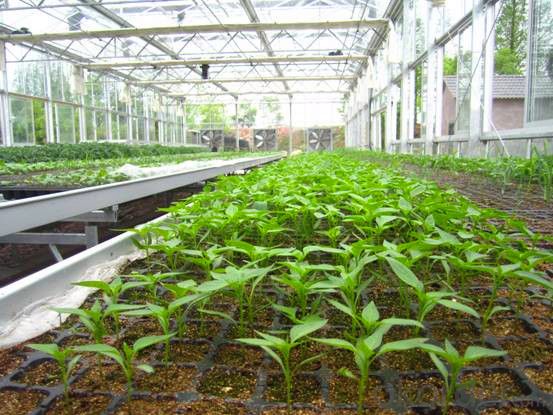
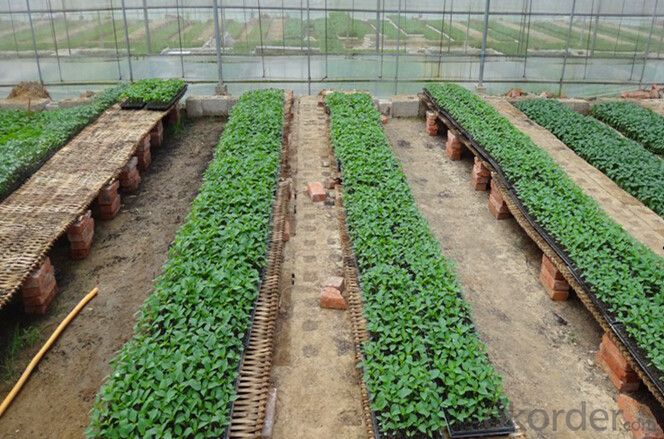
FAQ of Plug Trays HIPS Made Plastic Plug Tray for Greenhouse (Growing and Seedling):
Q: 1.How long is the production time?
A: Usually one to two weeks.
Q: 2.How is the seed tray being packaged?
A: They can be packaged in carton or pallets. Carton size is 1375px*725px*1250px.
Q:3.How many times can the seed tray be used?
A: Under the same environment, it is decided by the thickness. Usually 0.6mm thickness can be used for 1 or 2 times.
1.0 thickness can be used for 3-4 times. 1.5 thickness can be used for 8-10 times.
- Q: How do you choose ground cover for a formal courtyard or patio?
- When choosing ground cover for a formal courtyard or patio, it is important to consider a few key factors. Firstly, select a ground cover that complements the overall aesthetic and style of the space. For a formal setting, options like neatly trimmed lawns, low-growing evergreen shrubs, or tightly spaced pavers can provide a clean and elegant look. Additionally, consider the practical aspects such as the level of foot traffic, sunlight exposure, and maintenance requirements. Opt for ground covers that can withstand heavy use, thrive in the available light conditions, and are easy to maintain. Ultimately, the goal is to choose a ground cover that enhances the formality of the courtyard or patio while providing functionality and visual appeal.
- Q: Are nursery trays suitable for starting indoor plant collections?
- Yes, nursery trays are suitable for starting indoor plant collections. Nursery trays provide a convenient and organized way to start and grow multiple plants indoors. They allow for easy water drainage and help maintain moisture levels, promoting healthy root development. Additionally, nursery trays help save space and can be easily moved around as needed.
- Q: Are there any ground cover plants that are suitable for heavy foot traffic?
- Yes, there are several ground cover plants that are suitable for heavy foot traffic. Some examples include creeping thyme, Corsican mint, and Irish moss. These plants are known for their ability to withstand frequent walking and provide a durable and attractive ground cover.
- Q: How do agricultural plastic products help with plant protection from frost?
- Agricultural plastic products help with plant protection from frost by acting as a barrier that traps heat and prevents cold air from reaching the plants. This insulation effect created by the plastic coverings helps maintain a higher temperature around the plants, protecting them from frost damage.
- Q: What are the benefits of using plastic plant labels in nursery management?
- Plastic plant labels offer several benefits in nursery management. Firstly, they are durable and long-lasting, ensuring that the labels remain intact and readable even in harsh weather conditions. Secondly, plastic labels are waterproof, preventing them from getting damaged by water or moisture. This makes them ideal for outdoor use and prevents the need for frequent replacement. Additionally, plastic labels are easy to clean and maintain, allowing for efficient organization and identification of plants. Lastly, plastic labels can be easily customized and printed with specific information, such as plant names, care instructions, or barcode labeling, facilitating accurate inventory management and tracking. Overall, plastic plant labels contribute to efficient nursery management by providing durability, water resistance, ease of maintenance, and customization options.
- Q: This question asks for an explanation of the various types of plastic films utilized in agricultural practices.
- <p>Agricultural plastic films are used for various purposes in agriculture, including mulching, greenhouses, and tunnels. The main types include: 1) Clear films, which allow maximum light transmission for photosynthesis; 2) Black or opaque films, used to suppress weed growth and retain soil moisture; 3) Colored films, such as red or blue, which can enhance certain plant growth characteristics; 4) Perforated films, which allow for better air circulation and drainage; 5) Biodegradable films, which break down naturally over time, reducing environmental impact; 6) Insect-proof films, designed to prevent pests from reaching crops; and 7) UV-resistant films, which protect plants from harmful ultraviolet radiation. Each type serves specific agricultural needs, enhancing crop growth and yield.</p>
- Q: What types of plastic bags are used for flower packaging?
- Florists typically use cellophane bags or polypropylene bags for flower packaging. Cellophane bags are transparent and enhance the visual appeal of the flowers, while polypropylene bags offer better moisture resistance and durability.
- Q: EVA what are the uses of rubber and plastic products?
- EVA rubber and plastic products are designed to be machined and formed, and their shock resistance is superior to that of traditional foams such as polystyrene (foam), and meets the requirements of environmental protection. It is the best choice for export products. Compared with shockproof packaging, it can be cut and shaped. Because of the great difference in density, it can also be used more widely.
- Q: How is cornstarch used to make biodegradable plastics LOL
- complex point. browse into google. it will help!
- Q: What rules or laws govern the disposal of old seedling nursery bags in the agricultural sector?
- <p>Yes, there are regulations regarding the disposal of old seedling nursery bags in agriculture. These regulations often vary by country and region, focusing on environmental protection and waste management. In many places, old nursery bags are considered agricultural waste and must be disposed of in an environmentally friendly manner. This can include recycling programs for the plastic components, composting organic materials, or using them as mulch. Farmers are typically required to follow local guidelines to prevent soil and water contamination. It's important to check with local agricultural extension services or environmental agencies for specific regulations in your area.</p>
Send your message to us
Farm Pasture Planter Plastic Seed Cell Plug Tray 32Cells
- Loading Port:
- China main port
- Payment Terms:
- TT OR LC
- Min Order Qty:
- 3000 pc
- Supply Capability:
- 2000000 pc/month
OKorder Service Pledge
OKorder Financial Service
Similar products
Hot products
Hot Searches
Related keywords
